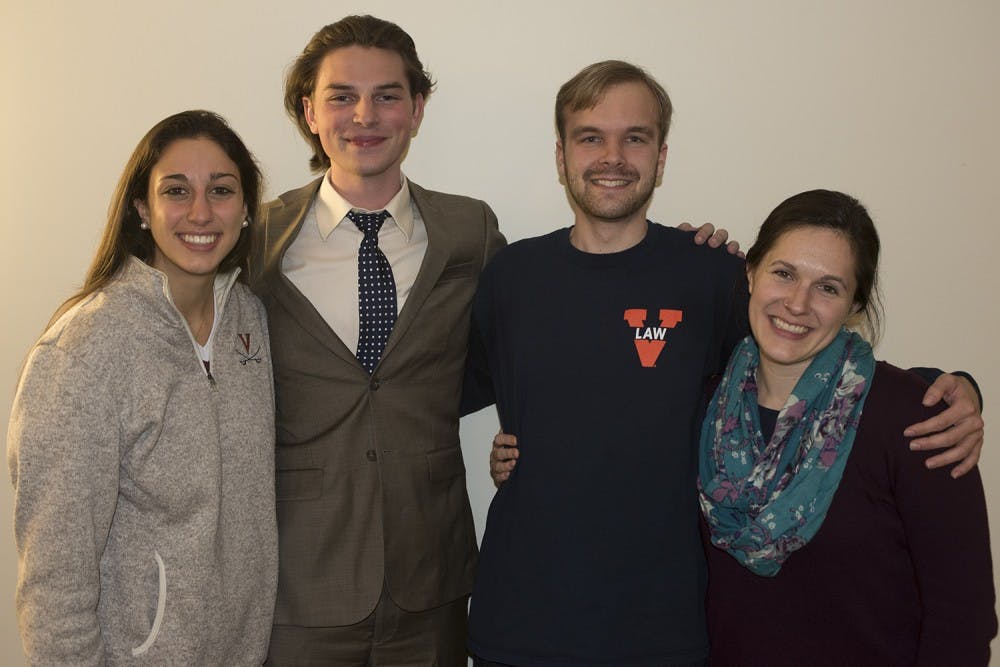The University Judiciary Committee released their trial statistics Monday, showing that a total of 85 cases were heard during the 2015-16 term.
The number of cases heard falls within the typical numeric range of what UJC normally hears during a semester, Brittany Hungate, former UJC sanctions chair and fourth-year Engineering student, said.
“We do see generally 80-100 cases a term so that number — 85 — is pretty normal. It’s more than we heard the term before, but it’s not an abnormal number,” Hungate said.
Because the trial statistics are automatically generated from the online system, when they are released not all of the cases are finalized. It is important to realize the number of accused students can change, Hungate said.
There is not always one student per case, so the numbers do not always perfectly match up, Hungate said. However, she said this is not meant to be purposefully confusing to people in any way.
Current UJC Chair Mitch Wellman, a third-year College student, said he estimates that many of the cases the committee sees see involve first-year students.
“All first-years live on Grounds, so they’re subject to extra scrutiny that other students are not,” Wellman said.
Hungate said she has found from personal experience that standards six and 10 are normally the most violated because they cover the widest range of offenses.
Standard six is any violation of University policies or regulations in The Record, and standard 10 includes any violation of local, state or federal law.
Out of a total of 43 alleged standard six violations, 74 percent were found guilty. Similarly, 77 percent of the total of 43 alleged standard 10 violations were found guilty.
This past semester, 1004 community service hours were given out, with 280 community service hours in abeyance. Hungate said UJC has three community service work partners through the University that they use for sanctions — University landscaping, University recycling and University parking and transportation.
“The reason we work with University services is for confidentiality purposes,” Hungate said. “It allows us to make sure the student is completing their work without violating the confidentiality of the proceeding.”
Wellman said while community service is the most common sanction, UJC has many other sanctions they could choose.
“We have the power to sanction anything, quite literally, we want between oral admonition and expulsion,” Wellman said.
However, the sanction cannot reveal the identity of the student and cannot be unduly harsh, Wellman said.
“We can ask that they spend the night with a police officer and ride along with them so they can see what a UPD officer does,” Wellman said.
Other sanctions include suspension, suspension in abeyance, expulsion and expulsion in abeyance. An abeyance serves as a recommendation to the next panel if a student is ever brought up on similar charges.
“Let’s say you get a DUI and you get a suspension in abeyance — you come in front of UJC for another DUI, it’s a recommendation to that trial panel that they suspend you,” Wellman said.
Hungate said UJC considers its trials on a case by case basis.
“The beauty of UJC is that we have a trial for sanctions for students found guilty of a standard…[which] allows us to consider all mitigating and aggravating circumstances,” Hungate said. “It allows us to consider character evidence [and] past disciplinary records. We don’t operate on precedence so it really depends.”







